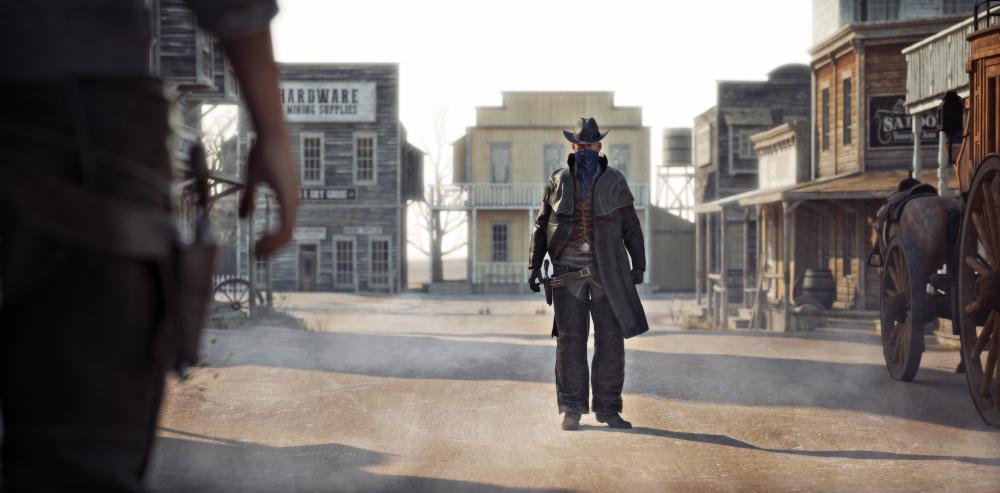
Are You A Chess Outlaw?
I love reading member comments to my articles! It is a pleasure to see how smart and intelligent our chess community is.
Unlike commenters in many internet forums, Chess.com members are polite and helpful. Take for example one of my most recent articles. There I expressed my astonishment that a very strong player and one of the best opening experts of his time, GM Chigorin, played a very bad move: 2...f6.
The readers suggested three possible reasons why he did it:
1. The game was prearranged.

Since it was a match, I don't see any point of playing a prearranged game. Yes, Fischer believed that many games of numerous world championship matches were prearranged, but as I described in this article, I don't believe in chess conspiracy theories.
2. Both opponents were drunk.

We already discussed this topic in my old article. Yes, it could definitely happen to Chigorin, especially since according to Kasparov's book My Great Predecessors, this is exactly what occurred in the following game:
Still, I believe that it is the reader Ochen_Zlaya who provided the correct answer to the question:
3. It was a bet!

According to Ochen_Zlaya, Chigorin mentioned somewhere that even such a move as 2...f6 still can be played, so maybe the opponents had a bet. It sounds very much like what Chigorin might have done, since he played a similar match against Steinitz where the bet was about a certain position in the Evans Gambit!
While it is more or less clear to me now why Chigorin might have played a very bad opening in just one game, I am still trying to understand people who play this opening on a regular basis.
Here I am not talking about beginners who simply don't know the obvious deficiencies of this move. How can anyone rated above USCF 1200 play this outrageous move?
Take for example Sam Sloan. He is a very experienced chess player who served on the executive board of the USCF and had his peak rating over 2100! Obviously, only the player himself can explain his penchant for this dubious opening, but you have to give him credit: He doesn't hesitate to use his favorite opening even against very strong grandmasters:
By the way, this games show that the 2...f6? move is equally bad against both the sharp sacrifice 3.Nxe5! or the positional move 3.d4.
After going through the pile of the games played with the Damiano Defense, I think I know the three main reasons people still play it:
1. Once in a while you can win in this opening—and if you do win, then the game is a stunner!
Here is the beautiful win that Chigorin missed in the above-mentioned game:
This is an absolutely incredible combination! By the way Sam Sloan also has something to be proud of:
Looking at the diagram above I am still wondering, why do we need Fischer random chess when Black can play 2...f6?
2. If you win a game, you haven't just won your game but you won it with 2...f6! If you don't understand what I am talking about, here is an example.
Do you see now? The guy didn't just make a draw against Bobby Fischer, he did it by playing 2...f6!!
3. Feeling like an outlaw!

This is probably the main reason why people still play 2...f6 or all other garbage openings.
Let me explain. Since our childhood we mostly hear don't do this, don't do that and the older we get, there are more things we are not supposed to do. It is probably a man's final straw when a chess book tells him that he shouldn't play this or that in an opening.
So, a chess player starts playing 2...f6 just because everyone else tells him that he shouldn't do it! With this attitude he feels like an outlaw.
To me this is the true beauty of chess: There are no limits. At the chessboard, you can be whoever you want to be!



